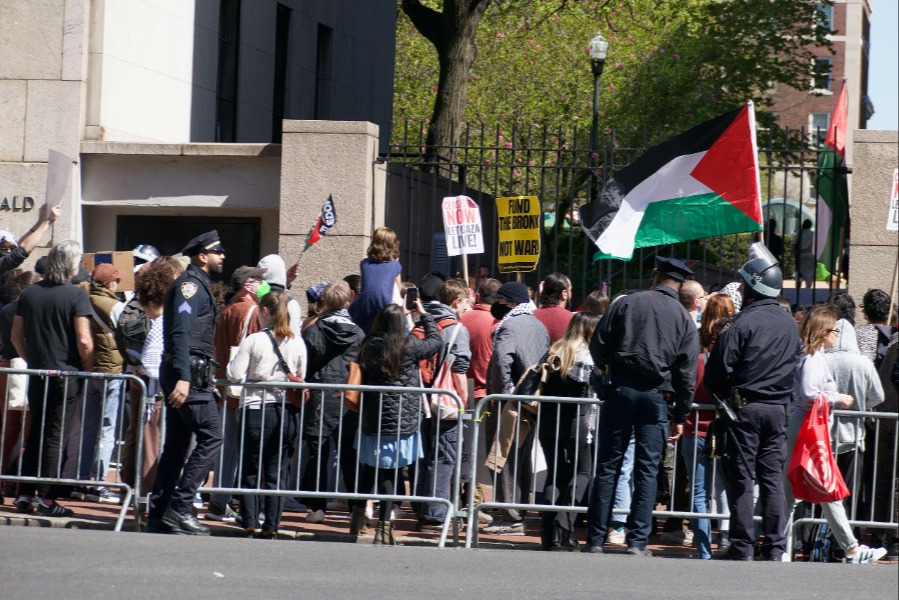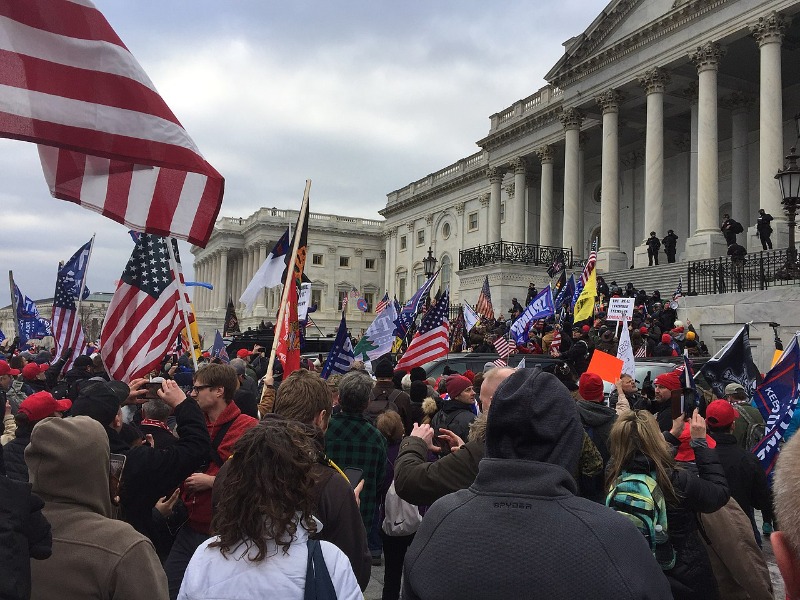DOJ Sues to Revoke the Citizenship of Convicted al Qaeda Operative Iyman Faris (A Naturalized Citizen)
A remarkable development:
Published by The Lawfare Institute
in Cooperation With

A remarkable development:
DOJ has just issued a press release announcing that it is suing to revoke the US citizenship of Iyman Faris, who was convicted in 2003 of providing material support to al Qaeda (Faris was an al Qaeda operative working with KSM, and had considered an attempt to take down the Brooklyn Bridge). Faris received a twenty-year sentence in that case, and is in the federal penitentiary in Marion, Illinois currently.
The complaint seeking denaturalization--posted here--invokes 8 USC 1451, which does in fact authorize denaturalization under certain circumstances. The Complaint invokes section 1451(a), which provides in relevant part:
(a)Concealment of material evidence; refusal to testify
It shall be the duty of the United States attorneys for the respective districts, upon affidavit showing good cause therefor, to institute proceedings in any district court of the United States in the judicial district in which the naturalized citizen may reside at the time of bringing suit, for the purpose of revoking and setting aside the order admitting such person to citizenship and canceling the certificate of naturalization on the ground that such order and certificate of naturalization were illegally procured or were procured by concealment of a material fact or by willful misrepresentation, and such revocation and setting aside of the order admitting such person to citizenship and such canceling of certificate of naturalization shall be effective as of the original date of the order and certificate, respectively....
In addition, the Complaint invokes section 1451(c), which provides that
(c)Membership in certain organizations; prima facie evidence
If a person ... shall within five years ... following such naturalization become a member of or affiliated with any organization, membership in or affiliation with which at the time of naturalization would have precluded such person from naturalization under the provisions of section 1424 of this title, it shall be considered prima facie evidence that such person was not attached to the principles of the Constitution of the United States and was not well disposed to the good order and happiness of the United States at the time of naturalization, and, in the absence of countervailing evidence, it shall be sufficient in the proper proceeding to authorize the revocation and setting aside of the order admitting such person to citizenship and the cancellation of the certificate of naturalization as having been obtained by concealment of a material fact or by willful misrepresentation, and such revocation and setting aside of the order admitting such person to citizenship and such canceling of certificate of naturalization shall be effective as of the original date of the order and certificate, respectively.
The Complaint asserts with respect to 1451(a) that Faris made a variety of false statements and material ommissions in connection with obtaining his certificate of naturalization, including falsely stating that he had not lied in obtaining prior immigration benefits, falsely stating that he had not committed any crimes for which he had not been arrested, and failing to disclose a variety of facts (including his involvement in combat in Kashmir and in Afghanistan, his involvement in paramilitary training in Afghanistan, and his affiation with Harkat-ul-Jihadi al-Islami).
It also asserts that his admitted affiliation with al Qaeda within the five-year period following his naturalization triggers 1451(c).
No doubt this is going to set off a considerable controversy, but it does appear that section 1451 applies in his case. Stay tuned...





